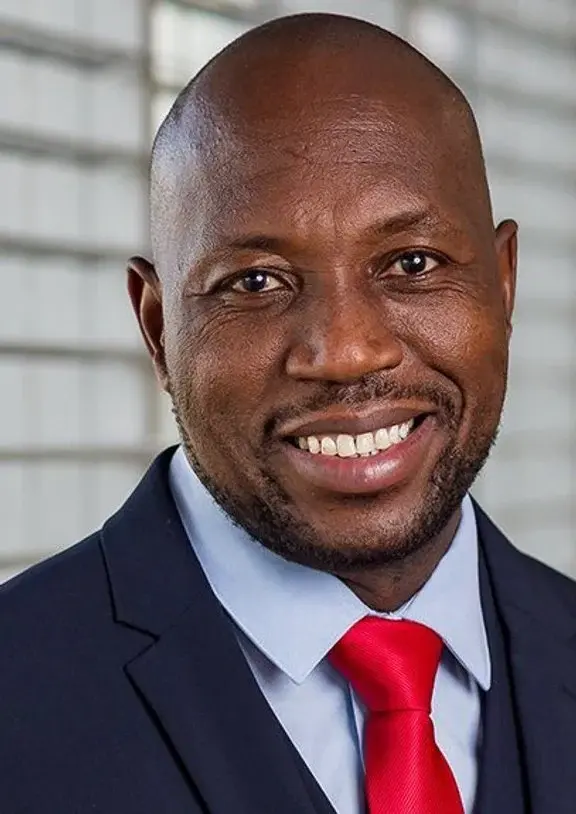In a world increasingly defined by energy transitions and climate imperatives, South Africa is no longer just chasing the sun; it’s learning how to share it.
At the heart of this shift is a bold experiment in partnership, not just power. Meet Ampli Energy, a trailblazing initiative by Discovery Green and Sasol, showing how public-private partnerships (PPPs) can do more than plug in lights; they can illuminate a path toward a scalable, inclusive, and affordable green energy future for Africa.
 Pic courtesy of IOL
Pic courtesy of IOL
The Energy Question We’re All Trying to Answer
Africa is rich in sun, wind, and water. But for many businesses across the continent, especially small and medium-sized enterprises, renewable energy remains just out of reach, either too expensive, too complex, or simply too slow to arrive.
The barriers are familiar:
- High upfront capital requirements
- Infrastructure that is yet to catch up
- Regulatory frameworks that often move at a different pace than innovation
The result? A continent full of potential, but with energy systems still struggling to match the pace of ambition.
The Spark: What Ampli Energy Did Differently
Then came Ampli Energy, and with it, a new narrative.
Instead of costly capex and long-term contracts, Ampli offers a month-to-month green energy subscription. Businesses simply sign up and receive renewable electricity wheeled through the national grid; no solar panels or turbines on-site required.
- No upfront installation costs
- No long-term lock-ins
- Monthly cashback incentives to reduce net energy expenses
A model that doesn't just reduce carbon footprints; it puts money back into businesses.
It’s smart. It’s simple. And it’s made possible by what happens when two sectors decide to build, not battle.
Why This Partnership Model Matters?
Ampli Energy is not just a South African story; it’s a continental blueprint.
Public-private partnerships like this one are becoming the unsung heroes of Africa’s energy evolution. Why?
- Shared Risk: Governments and private innovators split financial and operational burdens
- Access to Capital & Know-How: Private firms bring the tech; public utilities open the gates
- Faster Timelines: Everyone has skin in the game, so approvals happen quicker
- Inclusive by Design: These models can prioritize SMEs, not just giant corporations.
This isn’t just energy policy; it’s economic development in action.
Sasol’s renewable energy journey is reshaping South Africa’s industrial landscape, proving it’s far more than just a traditional power supplier. With an ambitious goal to scale up 1200MW renewable capacity by 2030 by a clear commitment to South Africa’s just energy transition.
So, What’s Next for Africa?
If we’re serious about powering Africa’s future and Connecting 300 Million People to Electricity by 2030, more countries must turn inspiration into infrastructure.
Here's how:
- Craft bold, enabling policies that attract private investment
- Modernize our grids to support distributed and renewable power
- Build trust between sectors through transparency and shared wins
- Back local innovation by supporting homegrown models like Ampli Energy to scale across borders
Africa’s future will not be fueled by charity, but by collaboration.
Ampli Energy proves that when governments and businesses join hands, we don’t just get cleaner power; we get faster progress, fairer access, and fiercer resilience.
Africa isn’t waiting to be saved. It’s designing its own energy future with partnerships as the engine.
Also read: Tanzania's multibillion clean energy investment.
